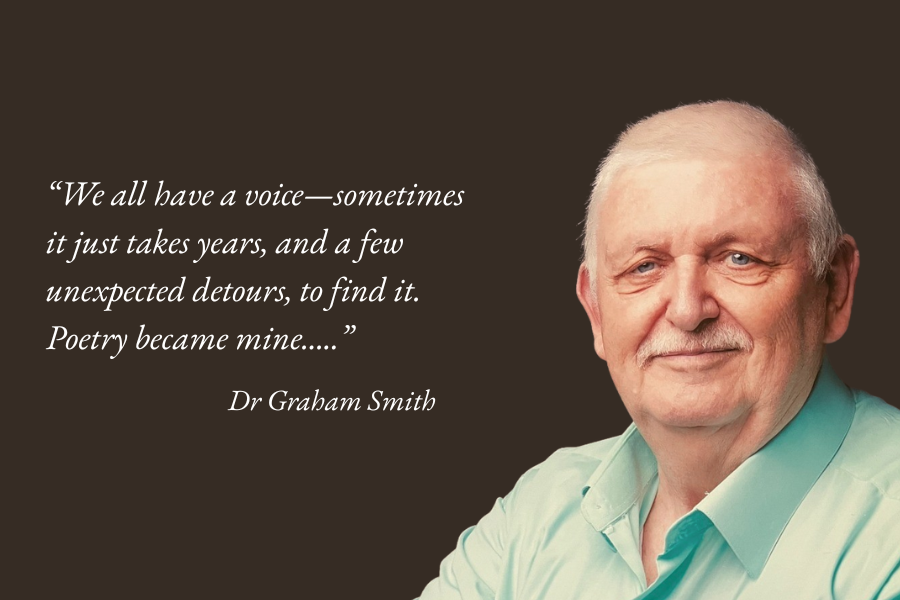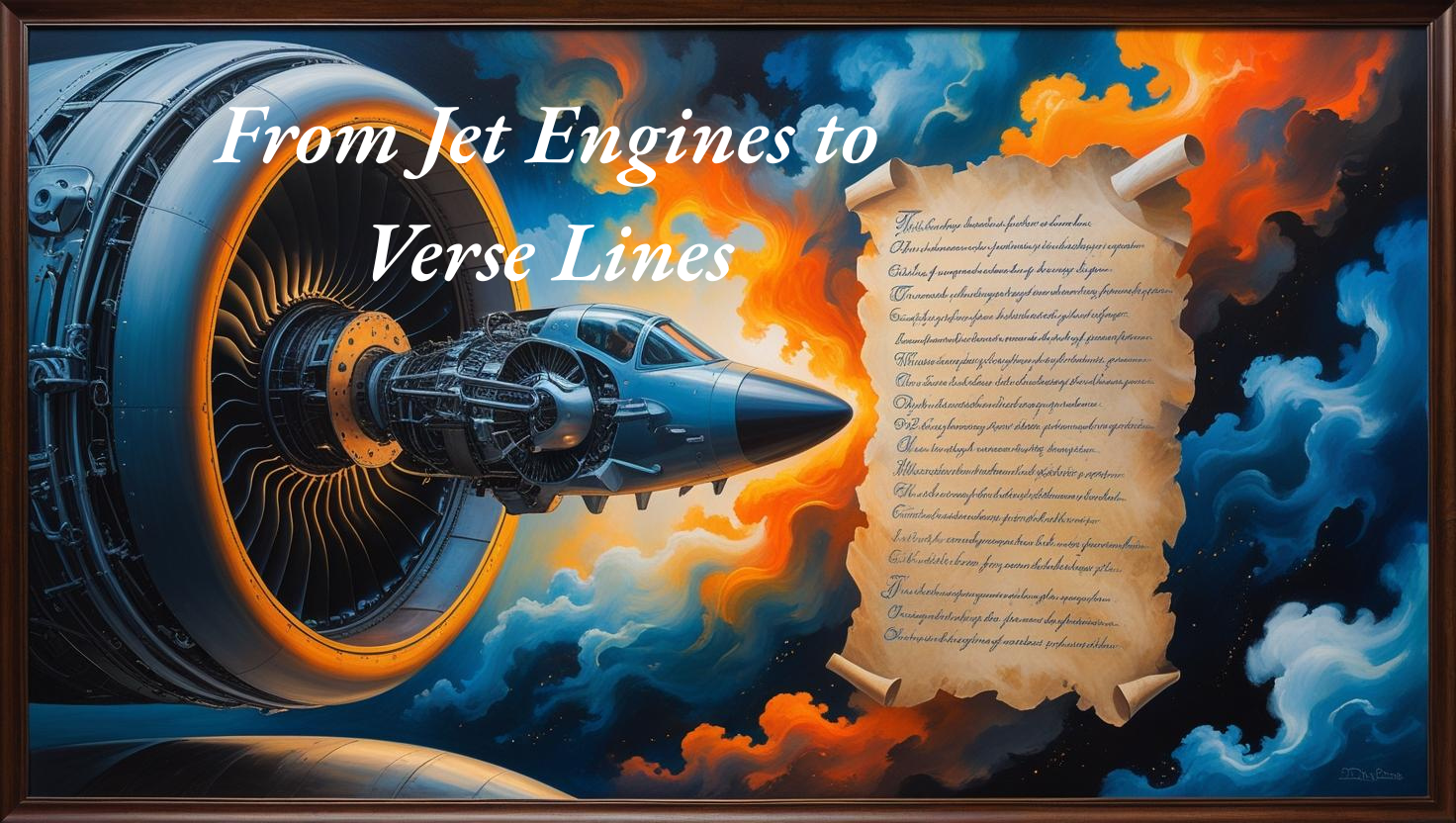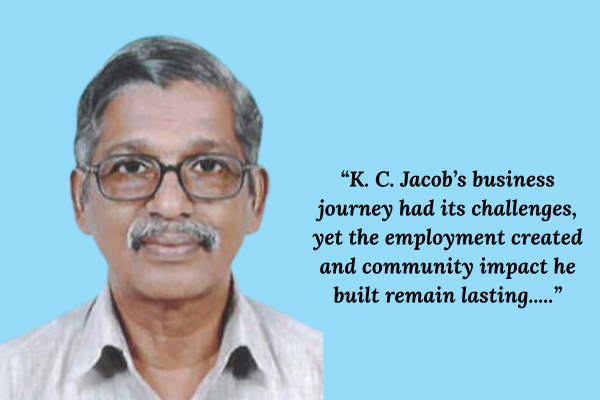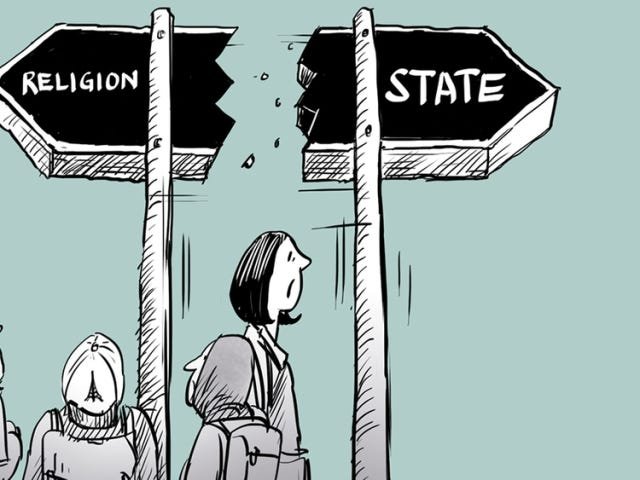At school, I wasn’t the star pupil. My path began in the Royal Air Force, then moved to oil rigs and boardrooms, and even into computer science research. Poetry wasn’t on the radar. Yet today, I write Deer Head Poetry—blending history, AI, and the Humanities to make sense of the world. Here’s how I found my voice, decades after leaving the classroom.
Sometimes, life changes course like an aircraft banking sharply in unexpected weather. You start the journey believing you know the destination, only to discover that the true landing strip lies somewhere you never imagined. For me, that unplanned destination was poetry.
If you had told my schoolteachers that I would one day publish poetry, they might have laughed politely and marked my homework with “Could do better.” I was not a great scholar. But life has a way of teaching you lessons far beyond the classroom.
My first “school” was the Royal Air Force, where discipline, precision, and service came before literature. Later, I traded uniforms for coveralls, working in the oil and gas industry—first with Mobil, and eventually with Shell International Exploration and Production. Somewhere in between seismic surveys and boardroom briefings, I found the time (and tenacity) to earn a PhD in Computer Science.

You might think that was the end of my story—a technical professional who had travelled the world and ticked the academic boxes. But in truth, it was the beginning of something unexpected.
Today, I am a teacher of Language and Literature, with a Master’s degree in English, Applied Linguistics, and Educational Psychology. My years of travel and work have given me a unique lens on global events. The more I’ve seen, the more I’ve felt the need to respond—not with spreadsheets or technical reports, but with poetry.
I’ve immersed myself in the craft: taking courses, studying Stephen Fry’s The Ode Less Travelled, reading widely from the classics, and exploring how history breathes through verse. My background in computer science hasn’t been left behind—it’s now an ally. I use AI to research and weave historical references into my work, enriching what I call Deer Head Poetry: topical poetry, engaged with current events, and alive with intertextual echoes from the past.
One of my enduring inspirations comes from Robin Williams in Dead Poets Society. He reminded us that whatever path we choose—engineering, science, medicine—we need literature to understand the world truly. Sometimes, we need to stand on our desks and see things from a different angle. Poetry does that. It helps us shape ourselves into becoming all that is human.
In the Humanities, everything is connected: history, literature, psychology, and art. For me, these connections are the threads of my poems. By referencing the past, I try to make sense of the present—and perhaps offer a light, however small, for the future.
I may not have been the strongest student at school, but life has been my greatest teacher. And poetry—unexpectedly, beautifully—has become my voice.
We all have a voice—sometimes it just takes years, and a few unexpected detours, to find it. Poetry became mine. What has helped you make sense of the world? I would love to hear how your journey—whether in science, engineering, teaching, or beyond—has shaped the way you see and tell your story.








